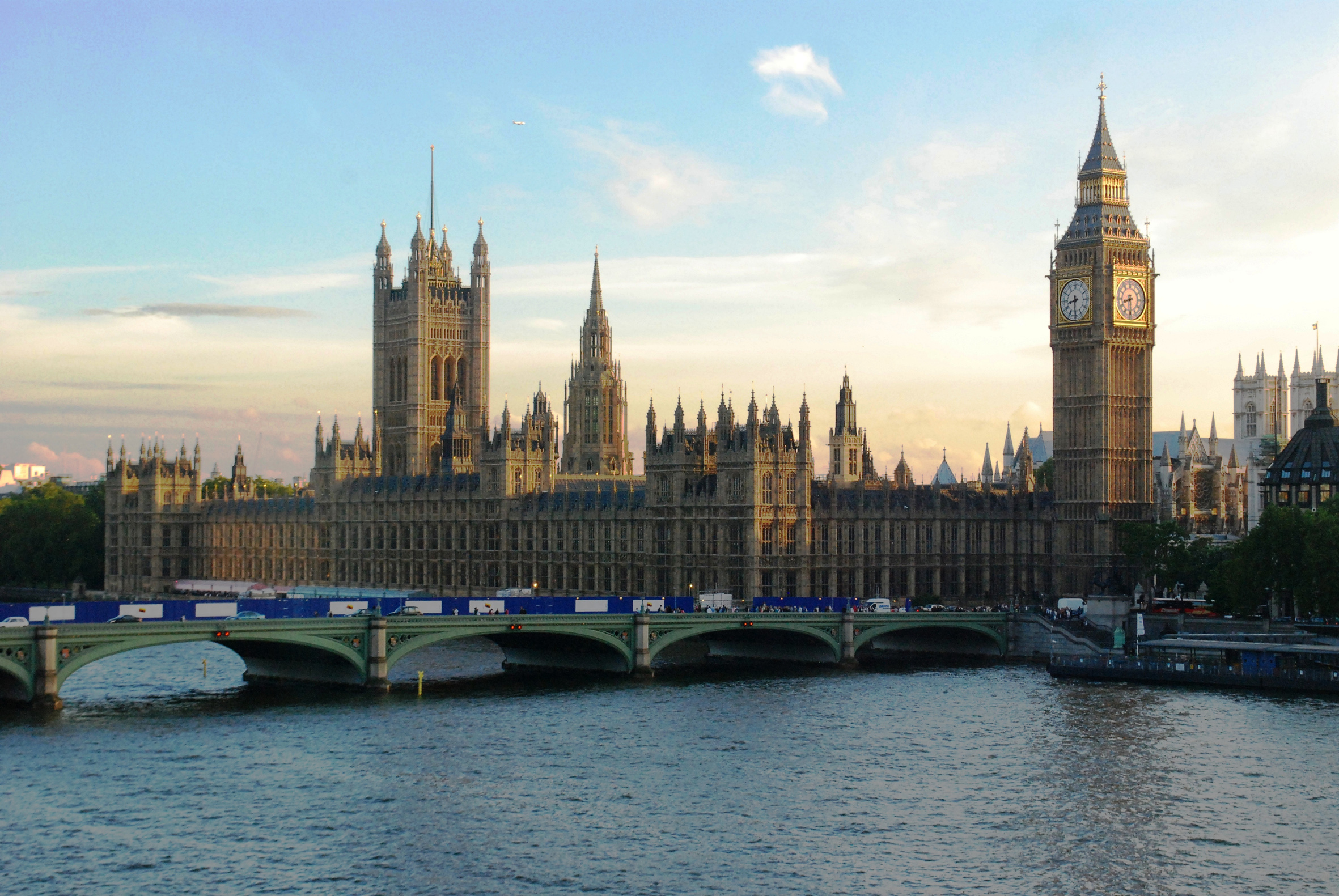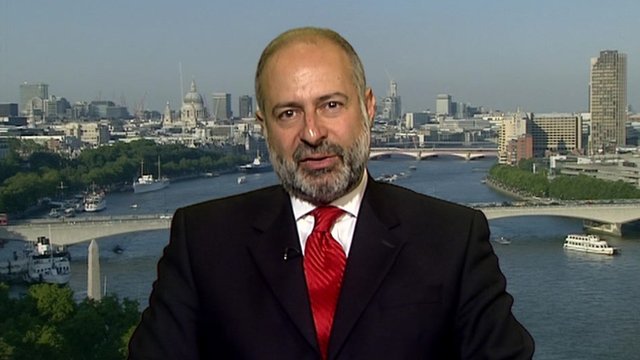
(TibetanReview.net, Dec13, 2014) – On the World Human Rights Day as well as the 25th anniversary of the conferment of the Nobel Peace Prize on the Dalai Lama on Dec 10, the British House of Common held a debate on the issue of Tibet. The debate was opened by Mr Fabian Hamilton, who is the chair of the All Party Parliamentary Group for Tibet.
MP Hamilton said China had been carrying out a new ‘counter-terrorism’ drive in Tibet which he added was counterproductive. “Armed responses to protests, including killing with impunity and the torture and imprisonment of individuals, have become the cause of instability and are therefore deeply counter-productive,” he said, quoting from a report.
He raised the cases of a number of Tibetan singers imprisoned in recent times for their songs and urged the British government to “strengthen policies towards China and Tibet, and to be more robust, with a clear stance and directive regarding human rights, civil society and democratic rights.”

In his response Foreign Office Minister Hugo Swire said his government encouraged the Chinese Government and Tibetan interest groups to seek a peaceful resolution to their differences through a resumption of dialogue. He specifically mentioned the case of Tenzin Deleg Rinpoche, a respected lama serving life in prison, saying UK had raised the case in Beijing and urged the Chinese government to consider “parole on medical grounds” for him.
The Minister has, however, denied that his government had compromised its position on Tibet and human rights due to trade interests. “I utterly reject the point that we are in some way subjugating our principles on human rights because of Chinese money.”
MP Kate Hoey demanded that the government start standing up to China, as the European Union or as a country. She wanted the Minister to “outline clearly what more the Chinese have to do to people in Tibet and through their influence in this country before we as a British Government say, ‘Enough is enough’.”
This was the first debate on Tibet in the British Parliament in three years and the second since 2008.



Please see my book “Tibet Unconquered” for a roadmap on the way out the the China – Tibet Issue. A way where human rights and security concerns. The “loose reins” model of Chinggis Khan and the end of Stan’s erroneous minority theory which the PRC adopted from the Soviet Union and institutionalized. It is a complete failure as a model.